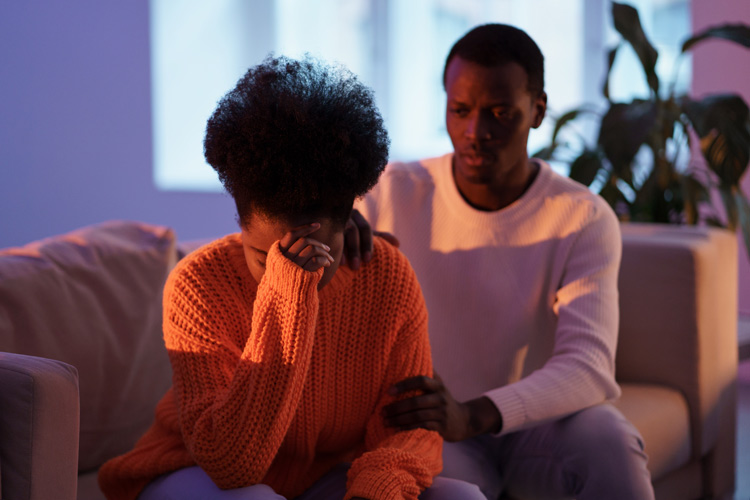Menu
close
24 Hour Crisis Care
Services
The human body is a beautiful but complicated system. When you add the brain to the mix, the complication increases exponentially. For this reason, people handle their stress and problems in different ways. Western medicine has moved away from looking at each body system as separate and realizes that each person is the combined total of their experiences, thoughts, and behaviors. The complex nature of the mind-body interworkings makes finding a treatment center that diagnoses co-occurring disorders so important.
Any person looking into treatment for mental illness or substance abuse addiction knows that they are the sum of all their parts, and their disorder does not define who they are. The 2018 National Survey of Drug Use and Health(NSDUH) found that 45-60% of adults with a substance abuse disorder also have a mental health condition. Conversely, 20-50% of adults with a behavioral health disorder ALSO have a co-occurring SUD(substance use disorder).
Co-occurring is a more inclusive term for a person who might have one or more mental health disorders along with addiction. You might have heard of the term dual diagnosis treatment. This term is very similar in meaning to co-occurring, but the difference is in the quantity implied. Dual generally makes you think there are two different parts suggested.
But in the case of co-occurring disorders, there is no limit on possible symptoms to be addressed. Co-occurring has become the preferred term so that clients don’t feel stigmatized if they happen to have more than two disorders.
In Sussex County Delaware, 11% of citizens struggle with frequent physical distress, while 14% have persistent mental anguish. These facts exemplify the need for treating co-occurring disorders that address mental health and substance abuse treatment. SUN behavioral has clinical teams ready to make sure you receive the best possible addiction treatment and behavioral health assistance.
Clients who have symptoms that overlap and affect their ability to participate in activities of life are good candidates for a clinician to suspect co-occurring disorders.
Clients who exhibit these signs and symptoms may be diagnosed with co-occurring disorders ….
These are just a few of the symptoms you might notice within yourself or a loved one.


SUN Behavioral’s clinical team will take a thorough history and decide if the client struggles with co-occurring disorders. The complicated nature of co-occurring disorders makes treatment more challenging, which leaves these persons vulnerable to relapse and other adverse outcomes.
The key to address co-occurring disorders is to provide integrated treatment. But few clients have been able to get proper treatment for one of their disorders, not to mention a second or possibly third.
The problem seems to be that other facilities fail to see the medical condition within the patient, for instance, a mood disorder, personality disorder, or an anxiety disorder. Clients in the United States may not always be able to convey their need for integrated care. Still, at SUN Behavioral, our professional clinical team has extensive experience treating people with substance abuse and mental health co-occurring disorders.
A co-occurring disorder is any diagnosed disorder that occurs simultaneously within the same person.
45-60% of adults with a substance use disorder (SUD) have a mental health disorder and 20-50% of adults with a mental health disorder have a co-occurring SUD.
Dual diagnosis denotes a limit of two concurrent diagnoses, while co-occurring is not limited by number whatsoever.
A person with a dual diagnosis has both a mental disorder and an alcohol or drug problem. This is a fairly common finding among about half of all people who have a SUD.
The capable team at SUN Delaware has been serving our community for years. Reach out to begin your journey to recovery.